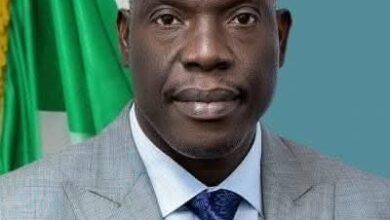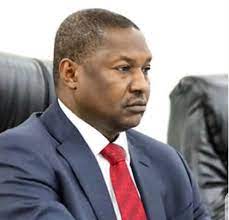H2,2024 Nigerian Financial Market Outlook: Analysts Identify Risks, Key Drivers and Investment Approach

As the second half of 2024 takes shape, analysts have been providing their perspectives on what will be the key drivers of the Nigerian equities and fixed-income markets.
The first half of the year witnessed significant developments in the macroeconomic environment, which continues to grapple with high inflation, a high interest rate regime, slow GDP growth and low FDI investment inflows.
Proshare News engaged analysts and market stakeholders to discuss what to expect in H2 2024 and its economic implications.
Staring Down the Equities Barrel
Mr David Adonri, a stockbroker with Highcap Securities, foresees a bright outlook for the Equities Market in H2 2024. He points to the ongoing recapitalisation exercise of banks and expected capital raising by major manufacturers as potential game-changers. The hint of Dangote Refinery’s listing earlier in the year could catapult the secondary market to new heights and counterbalance outflow to the primary market.
Adonri asserted that if current investors’ confidence is sustained and major companies start to recover from previous heavy losses, the Equities Market can appreciate slightly in H2 2024. “However, the challenge may still come from the performance of the macroeconomy if inflation remains stubborn and monetary policy remains contractionary,” he added.
Professor Uche Uwaleke, Director of the Institute of Capital Market Studies at Nasarawa State University, Keffi, believes Inflation will likely remain elevated in H2 2024, chiefly due to the impact of fuel subsidy removal and naira devaluation.
He says, “It goes without saying that elevated inflationary pressures contribute to rising production costs, erode profitability and shareholders’ value, and dampen investors’ confidence.”
The capital market scholar identified monetary policy tightening, elevated inflation, weak GDP growth, policy uncertainties, and naira depreciation as downside risks that will affect the equities market.
For the upside and positive developments that could boost the market, he listed likely increase in Crude Oil revenues/reduced fiscal imbalance and favourable global conditions.
Despite the risks, he was optimistic that H2,2024 was a good period to invest in the Nigerian stock market. He advised investors to adopt the DHL approach, and this includes the following:
D- Diversify portfolios focusing on stocks with good fundamentals and track record of dividend payments.
H- Hedge Risks by investing in fixed income, dollar-denominated assets, commodities and other asset classes (also a form of diversification). Continuously monitor and revise portfolio in line with economic conditions and develop capacity to identify early warning signals.
L- Adopt a long-term perspective when investing in stocks in a VUCA environment.
Fixed Income Forays
Looking at the fixed-income market, Mr Seyi Akinbi, an investment analyst, believes a relief rally should be expected as the year ends. This is due to a tapering in issuance size from the DMO and gradual disinflation due to base effects.
He said, “The CBN is also anticipated to be less hawkish as inflation starts to drop in the coming months. This should incentivise long-term investors to start cherry-picking the long end of the bond curve as we may begin to see portfolios shift from the short to the long end of the curve. The expectation of a cut in Fed rates should also support this expectation.”




